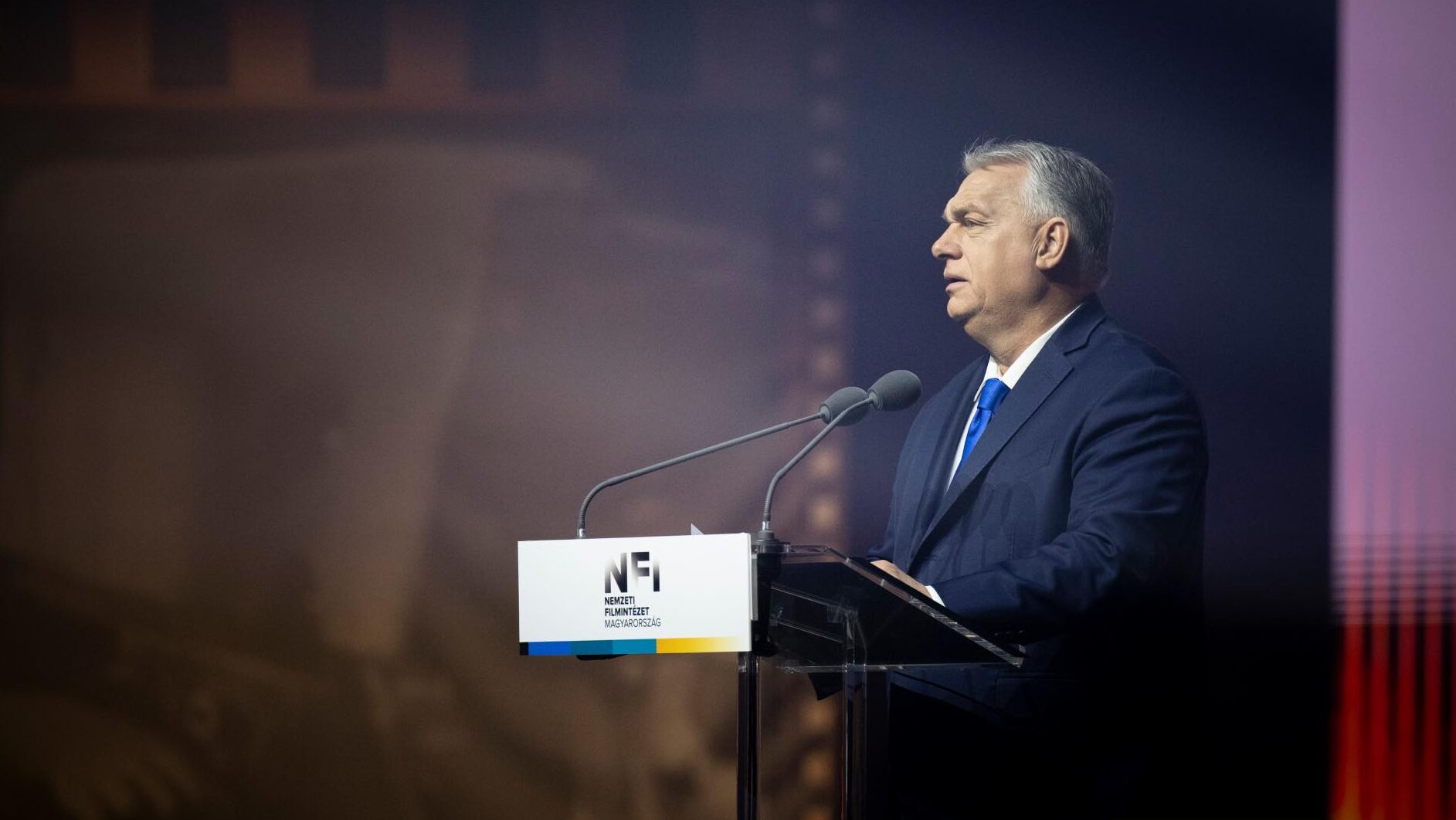
Viktor Orbán
Photo: Viktor Orbán on Facebook, 30 January 2025
Hungarian Prime Minister Viktor Orbán is set to meet co-leader of the right-wing Alternative für Deutschland (AfD) party, Alice Weidel next week in Budapest.
The conservative PM revealed in an interview with Swiss daily Neue Zürcher Zeitung that “Alice Weidel called me and asked for a meeting. I will receive her in Budapest next week.”
Weidel will be in the Hungarian capital on February 11-12, according to an AfD spokesman.
In a separate tweet on his X account on Monday, Orbán said he was looking forward to the AfD politician’s visit, and added: “Berlin has always been a city of walls. It’s time to tear another one down!”
Looking forward to your visit, @Alice_Weidel!
— Orbán Viktor (@PM_ViktorOrban) February 3, 2025
Berlin has always been a city of walls. It’s time to tear another one down!https://t.co/2uwsP03mmd
His words were a reference to a motion in the German parliament last week on toughening asylum laws which was proposed by the centre-right CDU/CSU alliance and supported by the AfD—the first time in the history of the Bundestag that the AfD has been involved in gaining a majority.
The vote marked a significant shift in German politics, as the centre-right has allowed the so-called firewall against the AfD to crumble.
The AfD has been isolated by the establishment parties, despite being the second most popular party, supported by almost a quarter of the electorate.
However, as the party grows in popularity, its significance will be harder and harder to ignore, and even CDU leader Friedrich Merz acknowledged last week that he would have to pass “right decisions” with the “wrong people” in parliament if the Left is unwilling to find common solutions.
The decision by the centre-right to allow the AfD into the fore of German politics, as well as U.S. billionaire Elon Musk’s endorsement of the party as the only force that “can save Germany,” might have convinced Viktor Orbán to accept the AfD’s advances, too.
The party was kicked out of the right-wing Identity and Democracy (ID) group in the European Parliament last year due to their lead candidate’s statements seemingly relativizing the crimes of the SS in Nazi Germany. But the relationship between the AfD and Marine Le Pen’s National Rally party in France had already been strained prior to that because of comments attributed to the AfD on the issue of ‘remigration.’
As it turned out, reports by the German mainstream media on the AfD’s supposed lurch to the “far right” had been extremely exaggerated, and the party’s programme—such as closing Germany’s borders to illegal immigration, exiting the euro zone, getting rid of windmills, and turning nuclear power plants back on—contains nothing radical or shocking.
Reflecting on the AfD not being a part of the Patriots for Europe group—ID’s successor—in the European Parliament, Viktor Orbán said in his interview with Neue Zürcher Zeitung:
The AfD is more of a movement than a party. Crazy people and ideas can emerge—a risk that the National Rally did not want to take. We have no experience with the AfD and no relations with it. Their program sounds good for Hungary: tax cuts, redimensioning of the Green Deal, return to nuclear energy, strict migration policy. But I don’t want to interfere in German affairs.
Asked how politics should deal with such a party, he said:
There is no such thing as a firewall in Hungary. If a party receives votes, we take them seriously. That doesn’t mean that we will cooperate with them. But we will sit down and debate them. A firewall is a primitive thing in politics. Alice Weidel called me and asked for a meeting. I will receive her in Budapest next week. The AfD could receive 20% of the votes [in the national elections on February 23rd]. If its leader wants to speak to me, why would I say no?
Orbán’s Fidesz party is a member of the Patriots for Europe group and previously belonged to the centre-right European People’s Party (EPP) headed by the CDU/CSU alliance.
Hungary has always enjoyed a strong relationship with Germany, and a significant part of its economy is dependent on the German car industry, which has many manufacturing plants in Hungary. Fidesz had good ties with Germany under the chancellorship of Helmut Kohl, and maintained pragmatic ties with Angela Merkel, even though their stance on migration caused friction.
The Hungarian PM is hoping that the CDU’s moderate shift to the right, after decades of embracing left-wing policies under Merkel, will also bring about a better relationship with Germany and Friedrich Merz who is likely to become the next German chancellor.
After last week’s motion on migration in the Bundestag, Viktor Orbán praised the German parliament for following Hungary’s tough stance on illegal immigration, tweeting: “Guten Morgen, Deutschland! Welcome to the club!”
Guten Morgen, Deutschland!
— Orbán Viktor (@PM_ViktorOrban) January 30, 2025
Welcome to the club!https://t.co/AGZBOhfVHf
